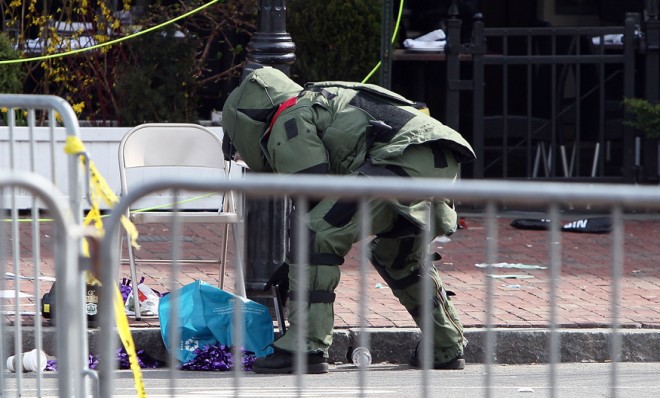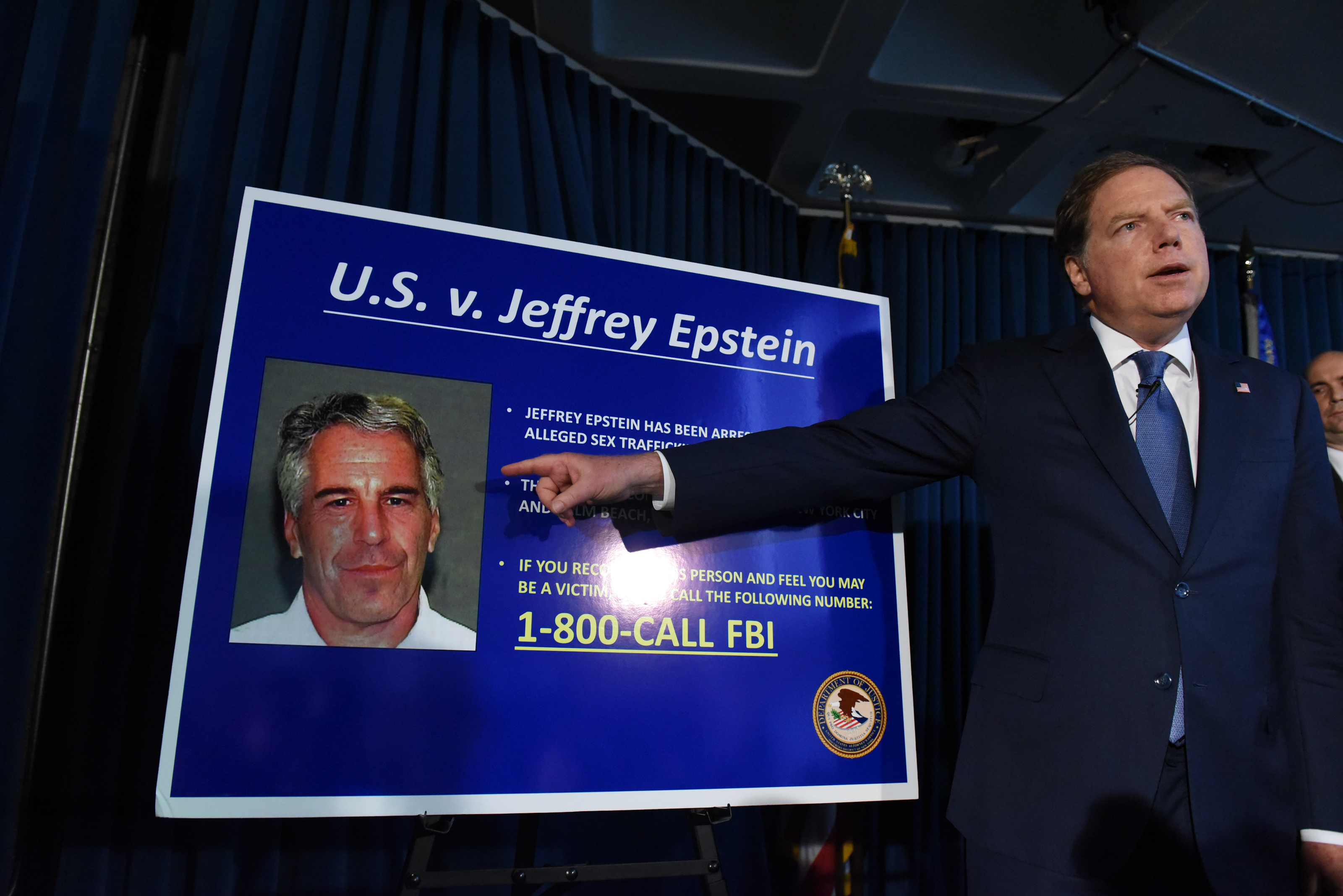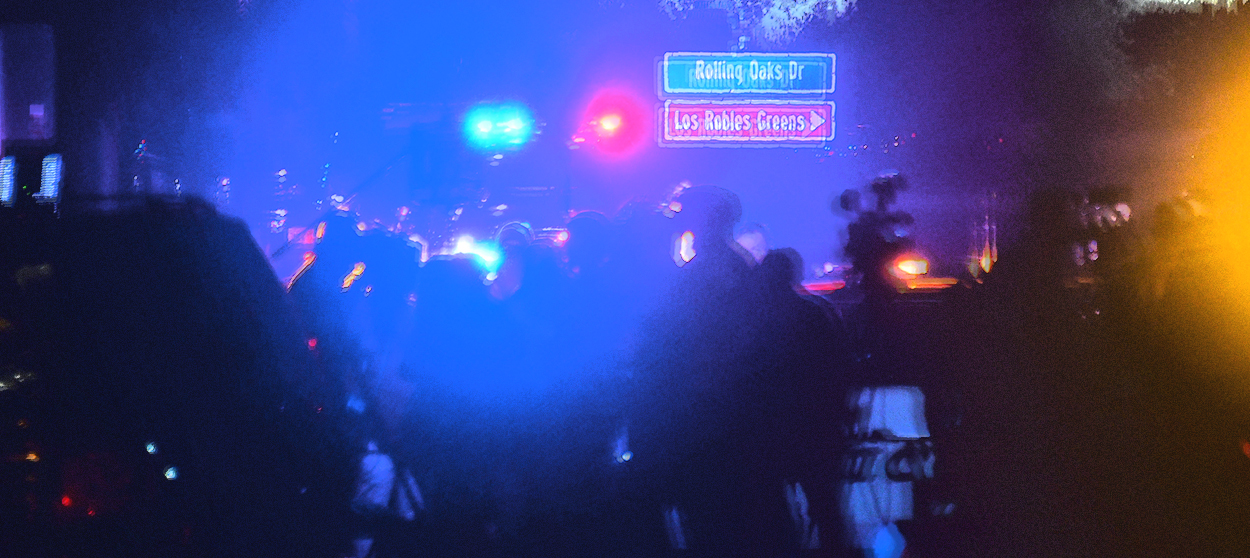What's a 'crude' bomb, anyway?


A free daily email with the biggest news stories of the day – and the best features from TheWeek.com
You are now subscribed
Your newsletter sign-up was successful
"Crude" is certainly an interesting word to apply to an explosive that is capable of ripping flesh from limb, and so I wanted to find out what experts mean they say they an explosive device is not sophisticated.
The answer is two-fold: electronics and chemicals. First, a "crude" bomb is likely to use a timing device — a so-called "command" bomb that does not require an outside stimulus, such as a radio frequency, or pressure, or a laser, to detonate. Secondly, it probably does not contain high-grade explosives, the type that you'd find in, say, improvised explosive devices in warzones. If you've ever seen an IED explode, you'll note that the fireball is much bigger than the one we've all seen in Boston. For hundreds of years, gun powder, or black powder, was used as the main ingredient in bombs, and it remains the easiest to procure and then figure out how to detonate.
How can even a small amount of explosives be so dangerous?
The Week
Escape your echo chamber. Get the facts behind the news, plus analysis from multiple perspectives.

Sign up for The Week's Free Newsletters
From our morning news briefing to a weekly Good News Newsletter, get the best of The Week delivered directly to your inbox.
From our morning news briefing to a weekly Good News Newsletter, get the best of The Week delivered directly to your inbox.
It contains a lot of potential energy that can be very rapidly liberated. Even low-grade explosives can deflagrate — which means that the chemical energy travels more quickly than the percussive force, as fast as several hundred meters per second.
Someone standing within, say, 20 feet of a small device can have his leg torn off by shrapnel from the container of the device. But more likely, the traumatic amputations we saw were the result of the shock wave itself, which can slam people to the ground, or into railings, or into buildings, which such force that But many injuries are percussive; the shock wave can compress chest cavities, blow apart blood vessels and snap necks. (Blast lung is the most common cause of death from explosives; the shock wave over pressurizes body cavities, causing ruptures).
A free daily email with the biggest news stories of the day – and the best features from TheWeek.com
Marc Ambinder is TheWeek.com's editor-at-large. He is the author, with D.B. Grady, of The Command and Deep State: Inside the Government Secrecy Industry. Marc is also a contributing editor for The Atlantic and GQ. Formerly, he served as White House correspondent for National Journal, chief political consultant for CBS News, and politics editor at The Atlantic. Marc is a 2001 graduate of Harvard. He is married to Michael Park, a corporate strategy consultant, and lives in Los Angeles.
-
 6 exquisite homes with vast acreage
6 exquisite homes with vast acreageFeature Featuring an off-the-grid contemporary home in New Mexico and lakefront farmhouse in Massachusetts
-
 Film reviews: ‘Wuthering Heights,’ ‘Good Luck, Have Fun, Don’t Die,’ and ‘Sirat’
Film reviews: ‘Wuthering Heights,’ ‘Good Luck, Have Fun, Don’t Die,’ and ‘Sirat’Feature An inconvenient love torments a would-be couple, a gonzo time traveler seeks to save humanity from AI, and a father’s desperate search goes deeply sideways
-
 Political cartoons for February 16
Political cartoons for February 16Cartoons Monday’s political cartoons include President's Day, a valentine from the Epstein files, and more
-
 7 lingering questions about Jeffrey Epstein's death
7 lingering questions about Jeffrey Epstein's deathThe Explainer Truth can be as strange as conspiracy theories
-
 3 things everyone is getting wrong about the El Paso-Dayton shootings
3 things everyone is getting wrong about the El Paso-Dayton shootingsThe Explainer Mental illness is a red herring — but so is Trump
-
 Is it dangerous to lionize the heroes of school shootings?
Is it dangerous to lionize the heroes of school shootings?The Explainer Honoring the children who die saving classmates is laudable — but we should tread carefully
-
 The fear we all live with
The fear we all live withThe Explainer What mass shootings have done to the American psyche
-
 The sick phenomenon of school shooting contagion
The sick phenomenon of school shooting contagionThe Explainer Mass shootings can spread like a disease, with each massacre inspiring new rampages. Can the cycle of violence be stopped?
-
 Why the Parkland conspiracy theories are different
Why the Parkland conspiracy theories are differentThe Explainer They aren't an attempt to make crazy sense of a senseless tragedy. They are a way of saying to the tragedy's victims and survivors: You aren't even worth arguing with.
-
 Sex, drugs, and the Summer of Love
Sex, drugs, and the Summer of LoveThe Explainer Fifty years ago this summer, 75,000 young people flocked to San Francisco to "turn on, tune in, drop out"
-
 What we know about gun violence may surprise you
What we know about gun violence may surprise youThe Explainer Contradictions abound
